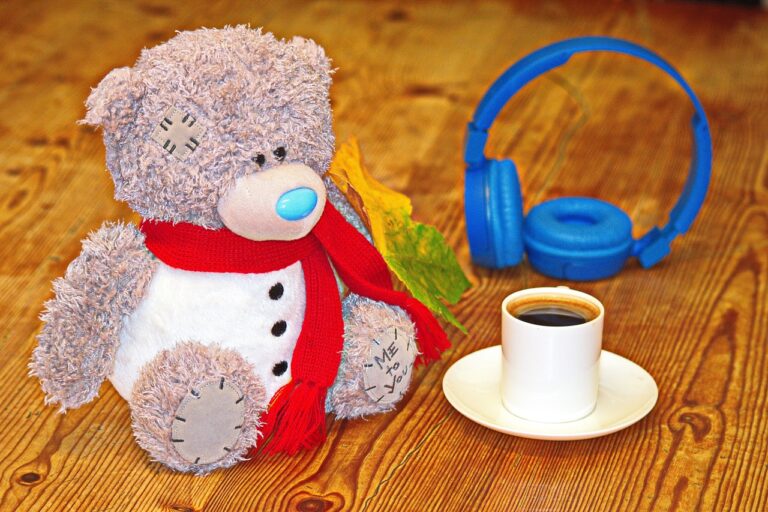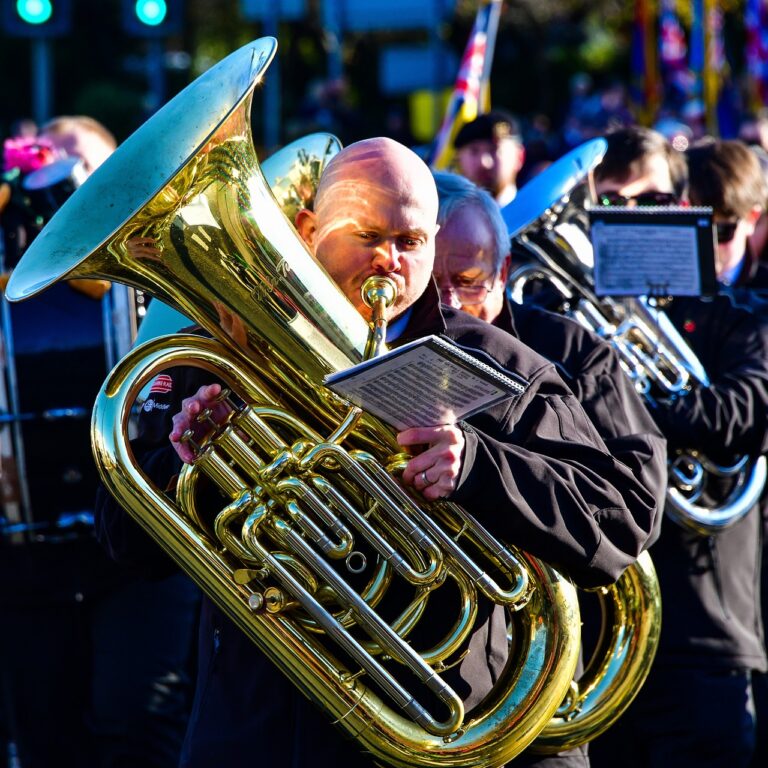Exploring the Role of Music in Advertising: Creating Memorable Campaigns
Music has long been recognized as a powerful tool in advertising, capable of evoking deep emotions and leaving a lasting impact on consumers. The strategic use of music in advertisements can significantly influence brand perception and consumer behavior. By tapping into the emotional power of music, advertisers can create a strong connection between their brand and their target audience.
One of the key reasons why music is so effective in advertising is its ability to trigger emotional responses and memories in consumers. Whether it’s a catchy jingle that sticks in the mind or a moving soundtrack that tugs at the heartstrings, music has a unique ability to evoke specific feelings and associations. By carefully selecting the right music to complement their brand message, advertisers can enhance the overall impact of their campaigns and create a more memorable and engaging experience for consumers.
The Influence of Music on Consumer Behavior
In the world of marketing, the use of music in advertising has proven to significantly impact consumer behavior. Music has the remarkable ability to evoke emotions and create a strong connection with consumers. When a brand incorporates music effectively into their advertising campaigns, it can influence consumer perceptions and attitudes towards the brand.
Studies have shown that the right music can enhance brand recall and recognition. Consumers are more likely to remember a brand that uses music that resonates with them on an emotional level. By strategically selecting music that aligns with the brand’s message and target audience, marketers can create a memorable and engaging experience for consumers, ultimately influencing their purchasing decisions.
The Emotional Connection Between Music and Brands
Music plays a crucial role in creating emotional connections between brands and consumers. The right choice of music can significantly impact how a brand is perceived and remembered by its target audience. Whether it’s a catchy jingle or a carefully selected song, music has the power to evoke certain emotions and memories that can stick with consumers long after they have encountered a brand’s advertisement.
Research has shown that music can influence consumer behavior by eliciting specific emotional responses. For example, a familiar tune can trigger nostalgia, leading to positive associations with a brand. Similarly, fast-paced and energetic music can create a sense of urgency and excitement, encouraging consumers to take action. By leveraging the emotional connection that music can create, brands can establish a deeper relationship with their audience and enhance brand loyalty.
How can music be used in advertising?
Music can be used in advertising to evoke emotions, create brand associations, and enhance brand recall among consumers.
How does music influence consumer behavior?
Music has the power to influence consumer behavior by creating a connection with the brand, enhancing the overall brand experience, and influencing purchase decisions.
Why is there an emotional connection between music and brands?
Music has the ability to evoke emotions and create a memorable experience for consumers, which in turn can strengthen the emotional connection between music and brands.
Can music help in building brand loyalty?
Yes, music can help in building brand loyalty by creating a positive association with the brand, enhancing brand recall, and creating a unique brand experience for consumers.







